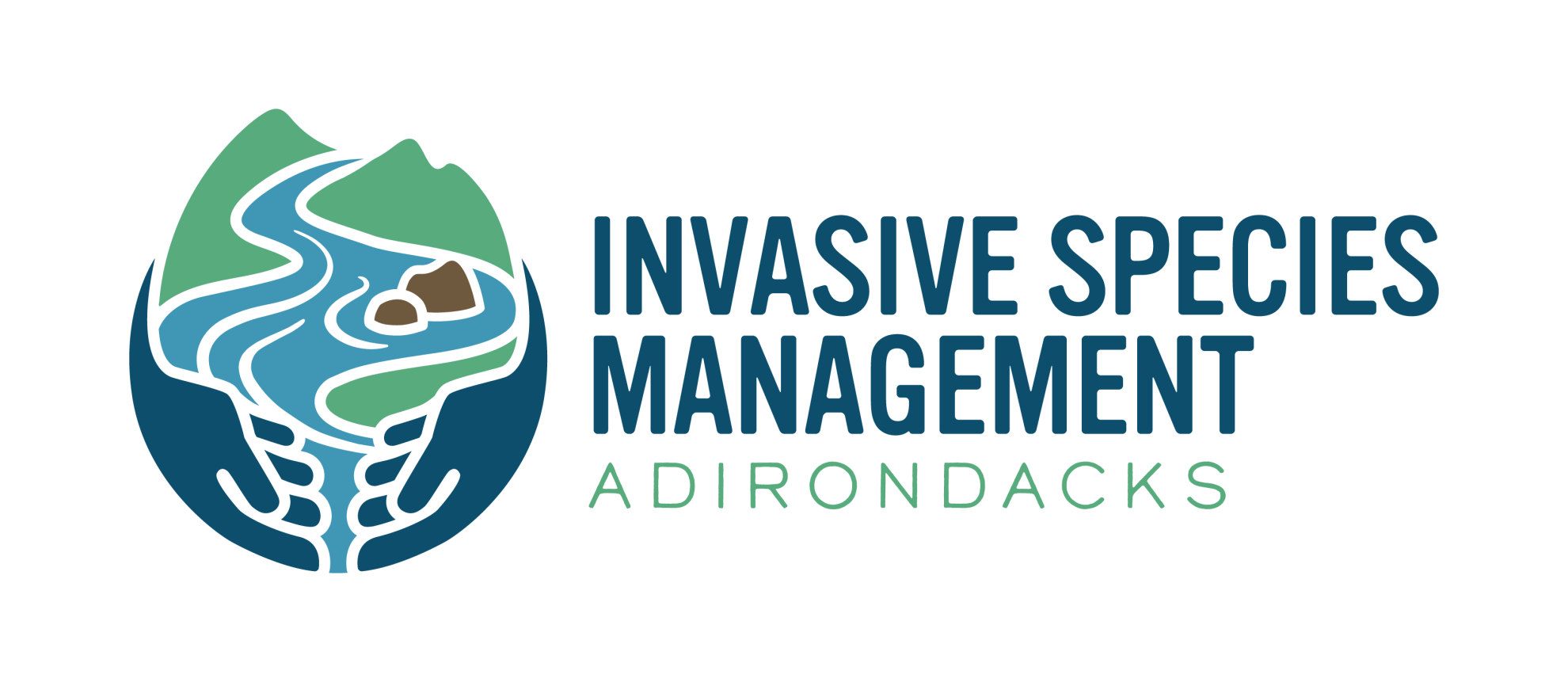Call for Volunteers to Survey for Aquatic Invasive Species; “Clean, Drain, Dry” Law Made Permanent; and, Japanese Tree Lilac

Call for Volunteers to Survey for Aquatic Invasive Species; “Clean, Drain, Dry” Law Made Permanent; and, Japanese Tree Lilac
Dear Colleague,
June is a busy month for protecting our Adirondack waters! Two weeks ago the state legislature passed a bill to make the “Clean, Drain, Dry” law permanent. Next week APIPP kicks off its summer lake survey volunteer program.
June is also when Japanese tree lilac is in bloom. Please keep your eye out for this invasive plant and please don’t plant it in your yard or along your community’s streets. Read more about these topics below.
Join APIPP’s “Lake Protector” Volunteer Network
Citizen scientists have surveyed over 400 lakes throughout the Adirondacks for invasives species. APIPP’s “Lake Protector” volunteers learn how to identify, survey and record data about aquatic invasive plants. Once trained, volunteers can adopt an Adirondack waterbody to survey between mid-July and mid-September. APIPP provides all the training and resources you need to be part of this extraordinary network.
A two-part training will be held on June 30. The training will give volunteers the skills and resources they need to get involved in important Adirondack conservation while having fun out on the water this summer. Live participation in these two trainings is not necessary to participate in APIPP's Lake Protector program. Each session will be recorded, and you can watch them at your leisure before signing up to adopt a lake. However, please RSVP to the June 30 event even if you will not attend on that date to receive information about when webinar recordings are available and to be connected with APIPP’s volunteer coordinators.
LAKE PROTECTOR TRAINING
- Part 1: Aquatic Invasive Species Identification
WEDNESDAY, JUNE 30, 9:00 am – 10:00 am
REGISTER ONLINE HERE
- Part 2: Citizen Science Survey Methods – the Who, Where, Why, What, & How
WEDNESDAY, JUNE 30, 10:30 am – 12:00 pm
REGISTER ONLINE HERE
New York State Aquatic Invasive Species Law Now Permanent
The New York State Aquatic Invasive Species Transport Law expired on June 1. Fortunately, Senate bill S7010 (sponsored by Senator Kaminsky) and Assembly bill A7735 (sponsored by Assemblyman Jones) passed in the final weeks of the legislative session. The bill re-instates the law and makes it permanent.
The law requires boaters to clean, drain and dry watercraft before launching into new waters in order to prevent the spread of harmful invasive species. The newly passed bill also allows the Department of Environmental Conservation to establish pilot programs in the Adirondacks to educate about and enforce the law.
Flowering Now – Invasive Species Alert – Japanese Tree Lilac
Japanese tree lilac (Syringa reticulata) is a small tree often planted as a street tree or as home landscaping. Please do not buy or plant this tree!
Japanese tree lilac does well as a street tree in dense urban areas surrounded by concrete where it cannot spread. However, when planted in suburban or rural areas, these lilacs can “escape” cultivation and damage floodplain and riparian habitats. Japanese tree lilacs can shade out adjacent plants and reduce biodiversity by limiting food and shelter for pollinators, birds, and other wildlife.
APIPP is assisting in a statewide effort to track the spread of this invasive plant. The best time to spot it is now when it is flowering. The flowers grow in clumps of small, creamy-white flowers that are extremely fragrant. Flower clusters can measure about 12” long and grow at the end of tree branches. After peak bloom, white flower clusters turn to reddish brown. In mid-summer smooth, bright-green, almond-shaped fruits develop and remain in a cluster at the end of tree branches.
For more information and photos see our website. If you spot it, please submit a report to iMapInvasives.
Thanks for all of your work to help prevent the spread of invasive species.
Happy Summer!
Tammara
PS: Please also mark your calendar for the “Trees in Trouble: Invasive Forest Pests in the Adirondacks” talk with the Cary Institute’s Dr. Gary Lovett at 7:00pm on Wednesday, July 21. The program will be held online and is free. Register here.

